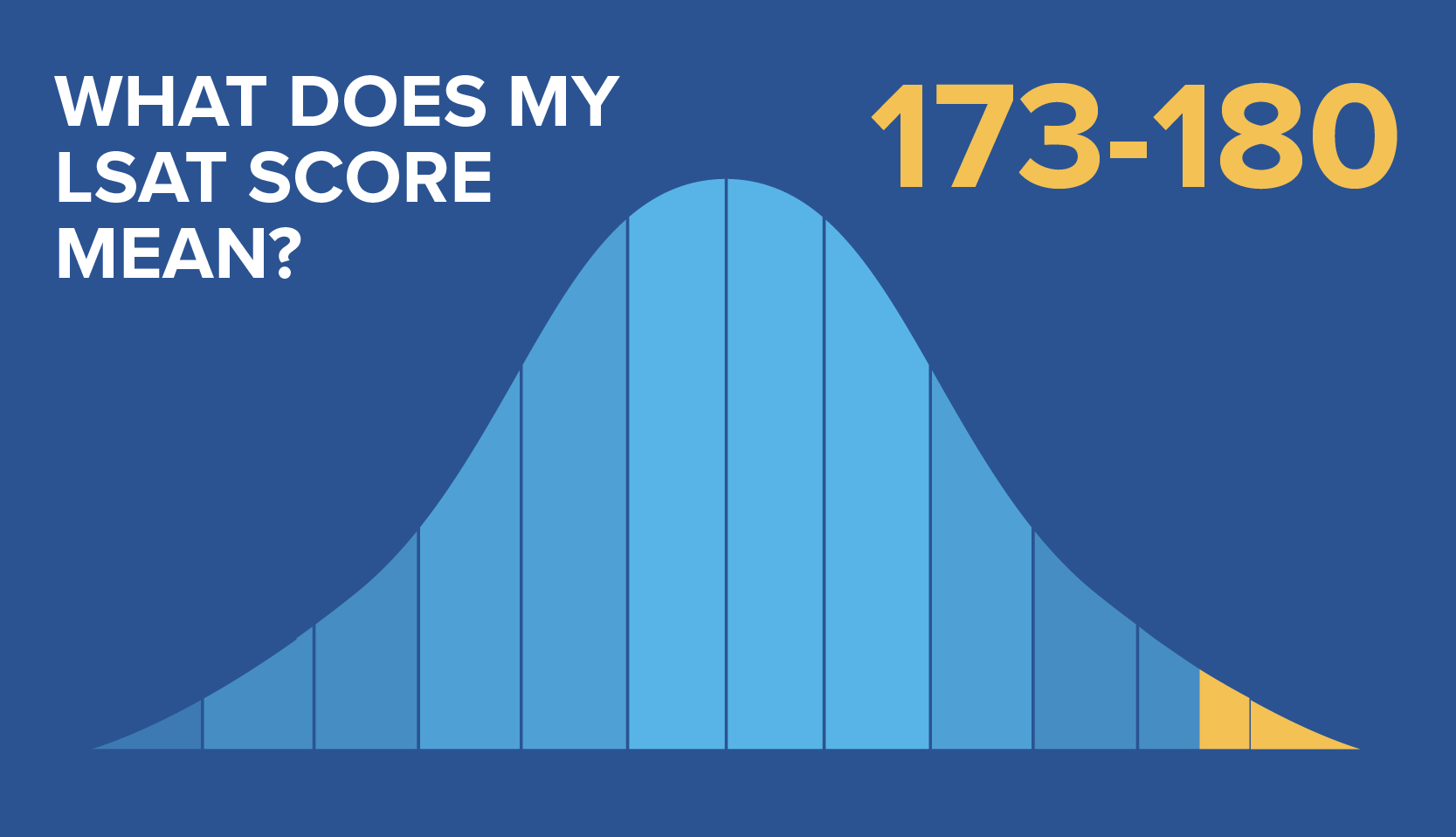
There is a Reading Comprehension passage that we cover in Lesson 6 of the Blueprint course that is dedicated to explaining the usefulness of analyzing fossilized pollen grains for the purpose of understanding the history of agriculture in Ireland. If you fell asleep before finishing that sentence, just imagine how how hard it is to keep your eyes peeled while reading the dang thing.
The fossilized pollen grain passage may be a rather extreme example, but it is by no means uncommon for Reading Comprehension passages to be dry, technical, and boring as hell. Why? Can’t the makers of the LSAT jazz things up a bit? Maybe a passage on the sociological effect of Keeping Up With The Kardashians? Or something about space exploration?
They can, but they don’t.
The brutally boring nature of Reading Comprehension passages is a feature, not a bug. Remember, this test is all about measuring your ability to do the work of law school. You will be fascinated when reading about people getting injured in novel ways during torts. You will hang on every word of Supreme Court opinions on Free Speech and Equal Protection.
You will not, however, find much to wow you in opinions on technical issues like the standard for making sure a party in litigation gets served with the complaint or whether a particular issue in one case was litigated before in another. You must read and absorb this information nonetheless. You must speak intelligently about it in class and be able to address questions about it on a final exam. In other words, if you can’t get through boring reading, you’re going to flunk law school.
Which brings us to a question my students ask me on a regular basis: How do I stay focused on a brutally boring passage?
I wish I could give you a hack (aside from ingestion of mind-altering substances) that would allow you to feel the tingle of excitement run up your spine when confronted with a passage on, say, photosynthesis in corn. Well, I’m not a magician. However, you don’t need to be excited; all you have to do is stay engaged.
And you do that by reading actively for structure rather than passively for subject matter. The makers of the LSAT care as much about fossilized pollen grains as you do or corn photosynthesis, which is to say not at all. What they care about is the argumentation.
If you are actively searching for arguments — premises and conclusions — and the regularly used rhetorical devices that get tested in the questions, you’re doing things right. If you’re thinking critically about the arguments being made, by which I mean trying to poke holes in them as though the author were opposing counsel, then you’re doing something rather than just absorbing information.
Think of yourself as a detective, looking for the arguments and other items that are lurking in a passage. When you find, for example, a cause and effect statement, pat yourself on the back. You should be excited not because what you’re reading is fascinating, but because you’ve just dug up an artifact that’s going to get you a question in just a few minutes.
In this way, you are doing something rather than just reading something. The distinction may not seem so profound now, but when you see your Reading Comprehension score go up and you’re finishing the section on time whereas you were lagging before, you’ll get it. Reading the passage actively is arming yourself for the battle to come in the questions.
Got other strategies for staying engaged that you’d like to share with your fellow LSAT takers? Drop ’em in the comments below.




